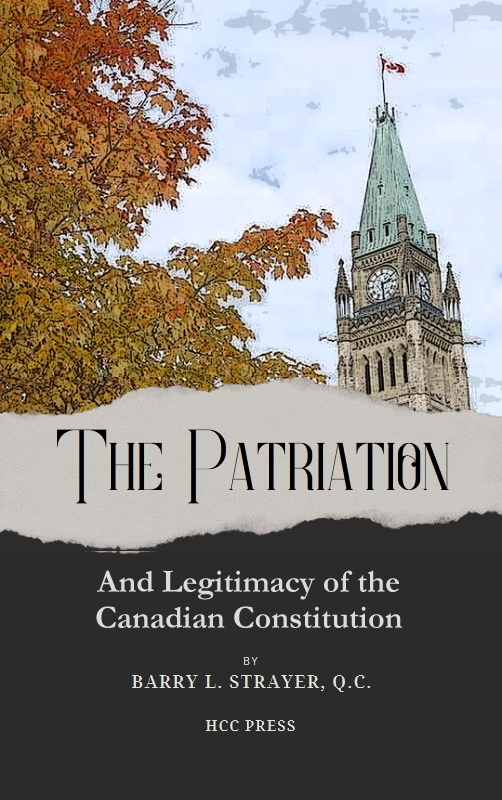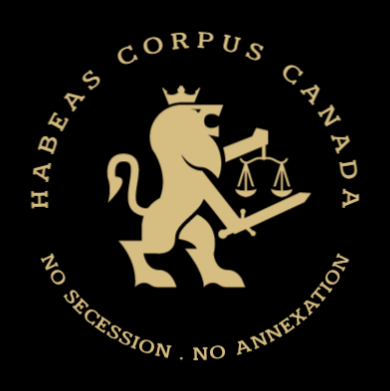positions, and to raise some questions as to what we might learn from this experience about the nature of our political system. I would hope this might enable us to speculate more intelligently about the path of future constitutional amendments. In making this examination, I am applying an essentially pragmatic test — namely, which approaches to political legitimacy seem to work in our country? This, after all, is the test I defined for myself in my first lecture.
First, I suppose it is natural to ask whether the result of all this effort, the Canada Act, 1982, is politically legitimate. I can only point out certain indicators. Obviously, the federal government and the nine provincial governments which signed the accord last November regard their work as politically legitimate. So, obviously, do the Senate and the House of Commons which adopted the Joint Address. So, probably, do the legislatures of the consenting nine provinces, as I have not heard of any of those legislatures defeating their governments on this issue. To the extent that one can judge such matters, it also appears that a majority of Canadians accepts the new constitution. According to a Gallup poll taken in May, 1982, nationally some 57% thought the new constitution was a good thing, only 14% thought it was not a good thing, and 30% didn’t know. Although the degree of enthusiasm varied from one part of the country to another, there was no region, not even Quebec, in which a majority were opposed to the new constitution.9 On the other hand, the Government of Quebec and a majority of its National Assembly obviously do not regard any constitutional change as politically legitimate without the consent of the Government of Quebec. That Government placed before its Court of Appeal the question of whether an amendment made over the veto of Quebec is consistent with constitutional convention; in doing this, it was asking if such an amendment is politically legitimate. The Quebec Court of Appeal answered in the affirmative and this decision was appealed to the Supreme Court of Canada, which has not yet rendered its decision.10
Throughout this whole agonizing process, differing attitudes were displayed towards the authority with which various bodies, groups, or persons can make decisions about the constitution. I think these attitudes reveal certain views, some articulate and some inarticulate, as to the sources of political legitimacy for our constitution, and I wish to look at several of those possible sources.
9. “Close to one third of Canadians unsure if new constitution good” Ottawa Citizen, June 19, 1982, p. 4.
10. Since these lectures, on December 6, 1982, the Supreme Court held that Quebec had no conventional right of veto: A.G. of Quebec v. A.G. of Canada (1982) 45 N.R. 317.

